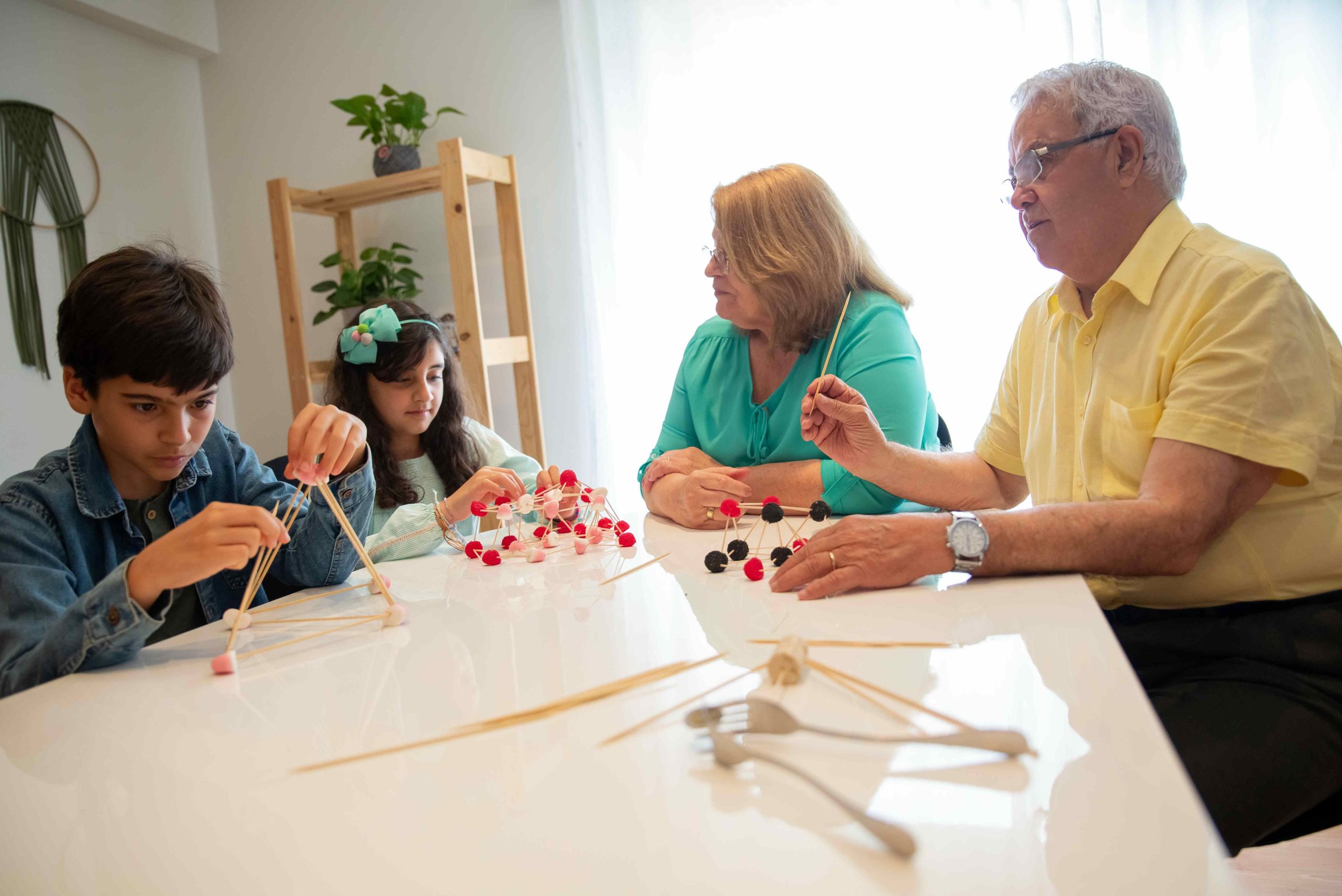
Play-Based Activities: A Path to Holistic Development in Preschoolers
Play-based activities are pivotal for the holistic development of preschoolers. They provide opportunities for exploration, creativity, and learning. Through play, preschoolers can engage with the world around them in meaningful ways.
The Significance of Structure in Play-Based Activities
Structured play-based activities offer clear guidelines and boundaries. These elements help preschoolers understand what is expected of them during the activity. Moreover, structured activities foster crucial skills such as problem-solving, decision-making, and critical thinking.
Transitioning between structured and unstructured play is important. It ensures that preschoolers can enjoy creative freedom while also benefiting from organized activities. Finding this balance is key to supporting their overall development.
The Importance of Regularity in Play-Based Activities
Regular play-based activities provide consistency and routine for preschoolers. They create a stable environment where children can thrive. Furthermore, regular activities foster social skills like cooperation, sharing, and communication.
It’s essential to maintain a variety of play-based activities. This ensures that preschoolers remain engaged and stimulated. Moreover, offering a mix of structured and unstructured activities caters to different preferences and learning styles.
How to Incorporate Structure and Regularity in Play-Based Activities
Planning ahead is crucial for incorporating structure and regularity. Creating a schedule ensures that preschoolers have consistent opportunities for play and learning. Additionally, setting clear rules and boundaries helps maintain order during activities.
Transitioning between structured and unstructured play is important. It ensures that preschoolers can enjoy creative freedom while also benefiting from organized activities. Finding this balance is key to supporting their overall development.
Benefits of Play-Based Activities for Different Age Groups
Play-based activities offer a range of benefits for preschoolers of different age groups. Infants develop motor skills and cognitive abilities through sensory play. Toddlers enhance language and social skills by engaging in imaginative play. Preschoolers refine problem-solving and creativity, while school-aged children improve social, emotional, and cognitive abilities through various activities.
Incorporating a diverse range of activities ensures that all children can benefit from play-based learning. By tailoring activities to different age groups, educators can support the unique developmental needs of each child.
Challenges and Solutions in Play-Based Activities
While play-based activities offer numerous benefits, they can also present challenges. Limited resources, safety concerns, cultural differences, and time constraints are common obstacles. However, through creative solutions and collaboration, these challenges can be overcome.
Partnering with other organizations can help address resource limitations. Establishing clear rules and boundaries ensures safety during activities. Moreover, promoting cultural inclusivity fosters a welcoming environment for all children.
Conclusion: Supporting Holistic Development Through Play
In conclusion, play-based activities are integral for the holistic development of preschoolers. By incorporating structure, regularity, and diversity into these activities, educators can create enriching experiences for children. Overcoming challenges and embracing inclusivity ensures that all children have the opportunity to thrive through play-based learning.


